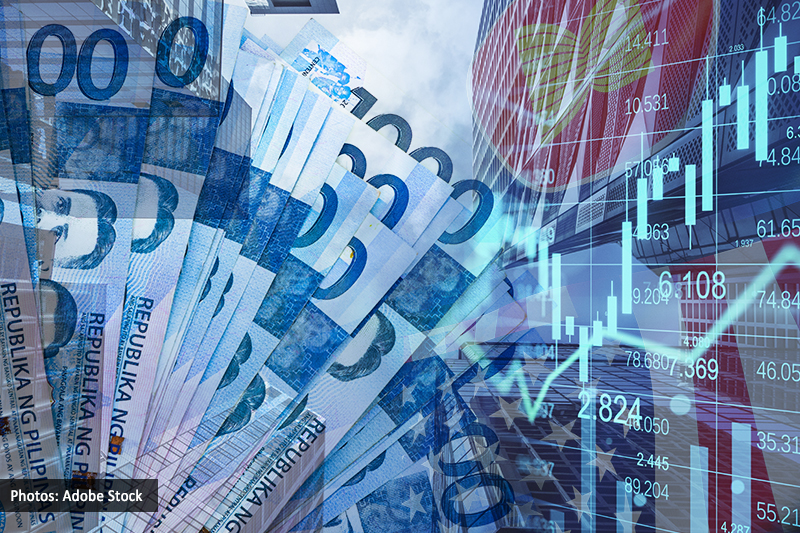THE suspension of intellectual property rights for vaccines and proactive solutions to address climate change should be the direction forward to “reset and rebuild” the Philippine economy after the pandemic, according to experts.
In the 19th Development Policy Research Month (DPRM) Kick-off Forum on Thursday, Philippine Institute for Development Studies (PIDS) Senior Research Fellow Adoracion Navarro said the country needed to participate in efforts to make vaccines more accessible.
Rosa T. Perez, Senior Research Fellow at the Manila Observatory, also said that more actions must be done to adapt and mitigate the ill effects of climate change in order for the economy to be green and inclusive.
“[Our theme this year aims] to spread the message that we will be able to rebuild from the setbacks of the Covid-19 pandemic and create a better Philippines. We need to reset our paradigms and balance the interest of people, profit, and planet, placing equal importance on economic, social, and environmental well-being and sustainability,” PIDS President Aniceto C. Orbeta Jr. said in his opening remarks on Thursday.
Navarro said the country should play catch-up in areas such as vaccine development, intellectual property rights, vaccine manufacturing, and scientific developments on treatment, prevention and how to make these more affordable for Filipinos.
She recommended that researchers focus on these areas to allow more Filipinos to benefit from these and make it possible to live with the virus in a post-pandemic world.
Navarro added that the government must also be proactive when it comes to the democratization of access to scientific breakthroughs that will facilitate greater access to these in light of Covid-19.
“There comes a time when intellectual property rights on treatment, prevention, technologies and vaccine manufacturing are suspended, there’s a push for time suspension of monopoly rights on these innovations. If we are able to successfully participate, we will benefit from it,” Navarro said. “This is part of the pathway that we should look at.”
Meanwhile, Perez said that while the lockdowns helped reduce greenhouse gas emissions by 27 percent, this is not something to fully celebrate.
She said the drop in carbon dioxide emissions had no detectable impact on atmospheric carbon dioxide in the world.
Navarro added that these efforts must maximize the benefits of a green recovery. A study in 2017, she said, found that investments toward renewables and other green undertakings will lead to greater job creation.
The study found that on average, 2.65 full-time equivalent jobs were created from $1-million spending on fossil fuels, but if the same amount is spent on renewables or other green investments, 7.72 full-time equivalent jobs will be created.
“When we had Covid lockdowns, we were very happy because the air pollution has gone down but this is no climate action. I would tell you that the way we reduce pollution should not be [done] by passing the buck to another hazard [such as Covid]. We must make a concerted effort to do real climate action,” Perez added.
Based on the DPRM theme for the year, efforts to make the economy more inclusive are needed through promoting ethical businesses; green and inclusive recovery; and a robust and healthy work force.
PIDS said toward this end, the government, business sector, academe, civil society, and the general public should work together in pursuing a shared vision of an equitable, sustainable, and resilient post-pandemic Philippines.
The DPRM is celebrated every September to promote nationwide awareness of the importance of policy research in crafting evidence-based policies, plans, and programs, pursuant to Malacañang Proclamation 247 signed in 2002.
The same proclamation designates the PIDS as lead coordinator of the yearly DPRM celebration.












